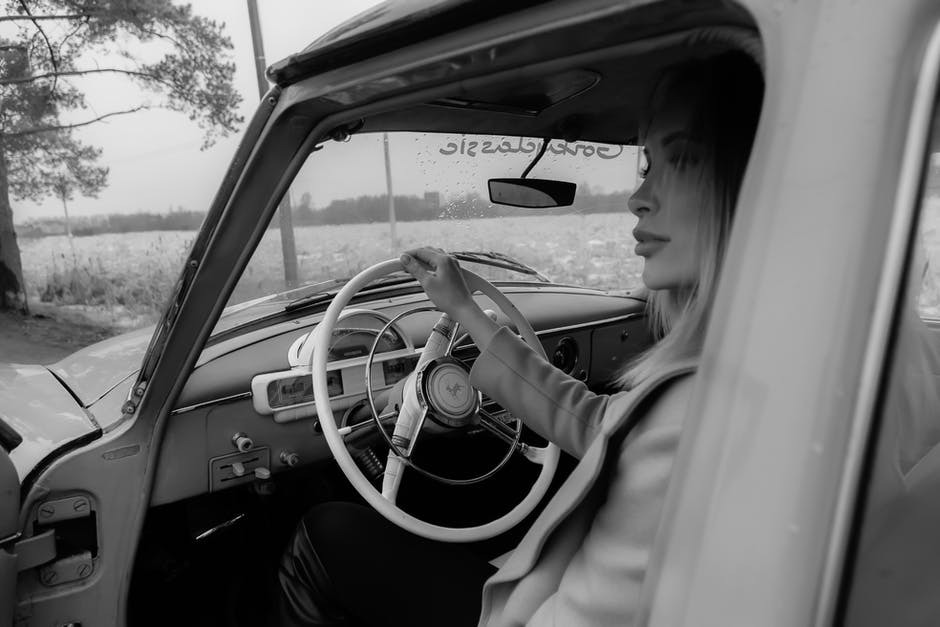When adjusting to a sober lifestyle, many people find it difficult to refrain from drinking in social situations. Staying away from alcohol when at your house is often easier to manage because you have control over your surroundings. In social settings, there are many more opportunities for slip-ups and temptations to give in and “just have one drink.”
Stay Occupied
Keeping yourself distracted both physically and mentally can help you refrain from falling into the temptation of grabbing a drink. Try to keep a water or other non-alcoholic beverage in your hand at all times. Having one drink will help you avoid the desire to grab another regardless of whether the drink you are holding contains alcohol.
Engaging with people socially and keeping yourself mentally distracted can help you get your mind off the idea of drinking. Try to converse with those around you and focus on the conversations instead of the drinking atmosphere.
Bring a Friend
Invite a friend who supports your sobriety to the social event. Going alongside someone who will keep you in check can help you decrease the possibility of you allowing yourself to be influenced by the pressure to grab a drink. If you have friends who are in a similar situation as you who are working to remain sober, going together can be helpful for each individual. Holding each other accountable for staying sober can make it easier to socialize without feeling the need to consume alcohol.
If the event gets out of control and everyone appears to be heavily drinking around you, it may be a good time to leave the event. Having a sober friend with you who can also leave with you can ease the feeling of being alone when leaving. Having someone to leave with you can help make your night feel as if it isn’t over and still gives you opportunities for socialization without feeling isolated as the only sober one.
Knowing when the situation is becoming too much to handle is very important. Having a code word to signal that it is time to leave can be very beneficial to get you out of the social situation before you allow the influence of others to take control. Respecting your friend and leaving if they feel the need to as well is essential.
Practice Saying “No”
As interesting as this may sound, the actual practice of saying no to a drink can be extremely effective. Looking at yourself in a mirror and imagining being in a social situation where you are offered a drink, or even pressured to drink, can help you to handle the situation later in person if it arises. Practice exactly what you would say at the moment and hold your ground.
Practicing a simple “No, thank you. I’m not drinking tonight” can reinforce your ability to give that response when a drink is offered. By creating a natural response when offered a drink, you avoid giving yourself the chance to think about your answer, opening up the opportunity to say yes.
Offer to Drive
During social events and situations that include high levels of alcohol, many individuals look forward to drinking and hope to have a friend to drive them safely home. If you feel confident that you can control yourself in a drinking situation, offer to be the designated driver. This gives you an important reason to refrain from drinking, as the well-being of your friends depends on your sobriety.
It can be motivating to know that you are helping to keep your friends safe and avoid problematic behavior from drinking. Offering to be a designated driver requires you to be fully confident you will be able to commit to staying sober. If you are not comfortable with this commitment, ensure you have another individual who is willing to stay sober with you.
Benefits of These Skills
Practicing these skills can drastically reduce the chances of falling under the influence of your peers and drinking in a social situation after intending to stay sober. Each of these refusal skills can be used to keep yourself committed to sobriety and make social events that involve alcohol a little easier to attend.
If you are recently recovered from alcoholism, it may be best to completely avoid social events with alcohol present. When you are confident in your ability to socialize without relying on a drink, go ahead and try these skills. Working through social situations and finding that you can engage in these events without having a drink can be incredibly reassuring. It can be a big checkpoint in your progress. Over time, with the use of these skills, social situations with alcohol may no longer be an issue, and saying no will be a natural response. Learning to have fun sober can bring you more enjoyment than you may anticipate.
After working through addiction recovery, you may find social events extremely intimidating. It is very common for social gatherings to have various forms of alcohol present. Engaging in social interactions but refraining from drinking can be a challenging balance to maintain. Fortunately, there are many skills you can practice to help you stay sober through this process. Keeping yourself occupied with mental engagement, physically keeping a non-alcoholic drink in hand, bringing a supportive friend, practicing your response when offered a drink, being a designated driver, and knowing when to leave are all beneficial skills that can help you maintain control in social situations. Understanding your level of self-control and ensuring you are holding yourself to your sobriety standards is extremely important. To learn more about these skills and how to implement them in social settings to maintain sobriety, reach out to Dream Recovery at (949) 732-1960.


Recent Comments